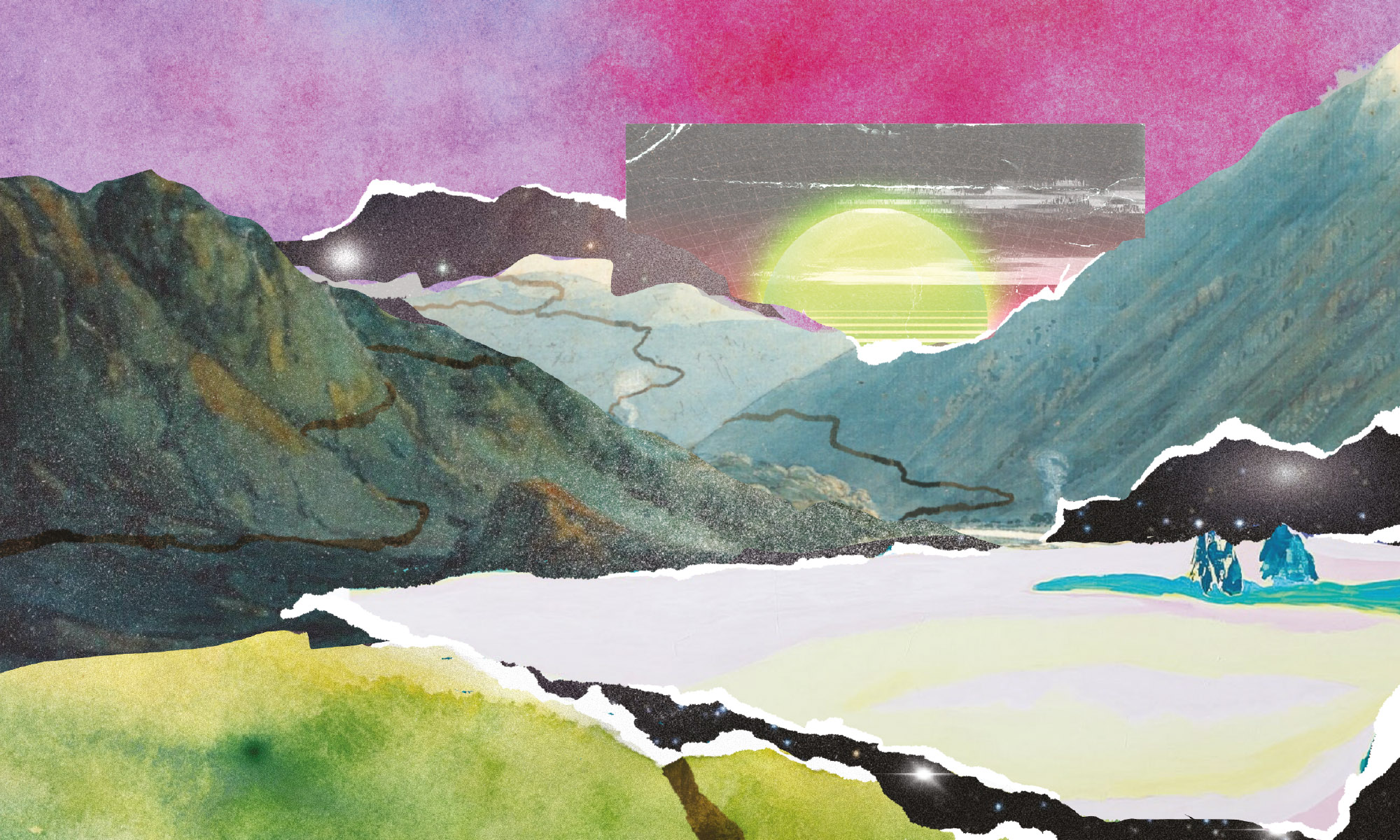Learning From New Religion and Spirituality
Learning is one of the most esteemed and supported values of contemporary society. The ethos and rhetoric of continuous and life-long learning has lately also pervaded the sphere of religion and particularly individual religiosity. Lifelong religious adherence is losing its normative status as the foundation of religious identity, and religious seeking is becoming more and more common. Even in their engagements with religion, that is to say, Finns are increasingly guided by such principles as individualism, personal growth, open-mindedness, and curiosity.
The objective of the LeNeRe project is to produce new knowledge on contemporary religious and spiritual milieus as sites of learning and to identify and understand processes through which people integrate their religious or spiritual learning to other spheres of life. To approach this objective, we will conduct ethnographically informed research on adult individuals in Finland who have embarked on (for them) new religious and spiritual paths.
Our selection of case studies includes examples from traditional religion as well as contemporary spirituality. The cases include: 1) Orthodox Christian liturgy and catechetic teaching, 2) Ramadan rituals, 3) Mindfulness meditation, and 4) Singing bowl healing. As our focus is on informal learning, on adults familiarizing themselves with previously unknown practices, and on the transferability of the skills and notions thus adopted, the project significantly expands the scope of existing anthropological and sociological research on religious learning that has so far very much focused on the transmission of one’s own religious tradition.
Our project develops innovative empirical and theoretical pathways for investigating pressing yet elusive dynamics between the “religious” and “secular” spheres of contemporary society. We examine the reasons and motives behind people’s engagements in new religious or spiritual practices against the backdrop of a culture where continuous self-development is a core value and where individuals in vulnerable situations are often left to seek creative ways to manage in adverse circumstances. Furthermore, through a focus on the transferability of religious and spiritual skills and notions, we open up a fresh perspective on the dynamics and porosity of the boundaries between “spiritual” and “secular” domains of contemporary culture. The results of this examination can significantly further scholarly understandings of the role of religion as a potentially important empowering element as well as a source of inequality in “secular” modernity.
The LeNeRe project (2019– 2023) is funded by the Academy of Finland (325148) and led by Professor Terhi Utriainen. The project was launched at the University of Turku (School of History, Culture and Arts Studies, Study of Religion) in September 2019 and moved to the University of Helsinki (Faculty of Theology, Study of Religion) in September 2022.

